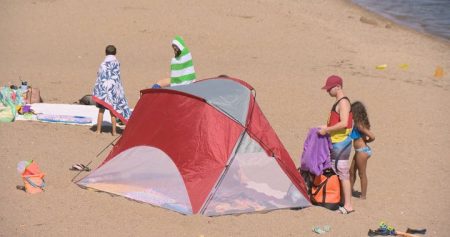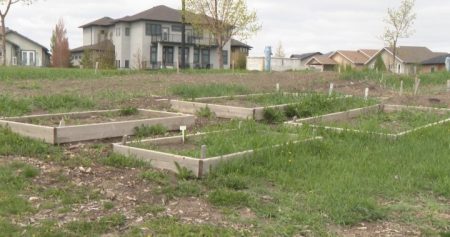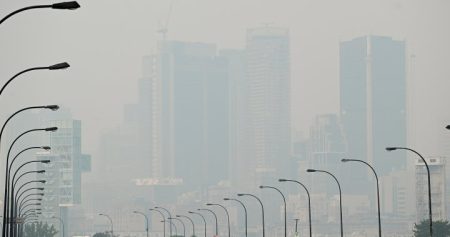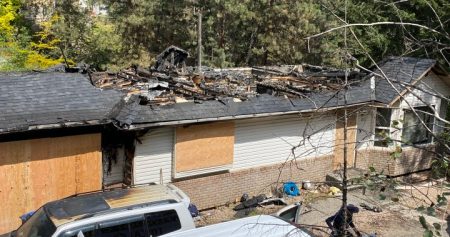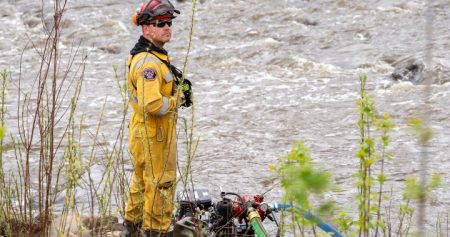Emergency Preparedness Week in Winnipeg is a reminder for residents to plan ahead in case of emergencies. Emergency consultant Shelley Napier emphasized the importance of individuals taking responsibility for their own preparedness, as authorities may not always have everything set up in the event of a crisis. She highlighted the experience of residents in Elie, Man., who were more likely to be prepared following Canada’s strongest recorded tornado in 2007. Napier recommended having a 72-hour kit ready with essential items such as medications, first aid kits, and changes of clothing in case of sudden evacuation needs. She noted that different families may have different needs and suggested being proactive in preparedness to ensure a smoother evacuation process.
One key aspect of emergency preparedness highlighted by Napier is always keeping your gas tank on the fuller side in case of a sudden evacuation. The City of Winnipeg offers a free online course on preparing for various hazards that can affect Manitobans, including creating emergency kits and practicing escape plans. Deputy chief Jason Shaw of the Winnipeg Fire Paramedic Service emphasized the importance of not leaving anyone behind in an emergency and building a strong support network of family, friends, neighbors, and caregivers to stay safe. The national public alerting system in Canada will conduct a test alert on TVs, radio, and phones to ensure the readiness of emergency alert systems.
The need for individual preparedness is underscored by Napier, who highlighted that people often neglect emergency planning until they have experienced a crisis situation themselves. Taking proactive steps to plan ahead can make a significant difference in ensuring the safety and well-being of oneself and one’s family during emergencies. Napier advised that being prepared with a 72-hour kit tailored to the specific needs of each family member can streamline the evacuation process in case of an emergency. By learning from the experiences of those who have lived through disasters, individuals can better understand the importance of preparedness and the potential consequences of being caught unprepared.
The upcoming test of the public alerting capability in multiple provinces and territories serves as a reminder of the importance of staying informed and ready for emergencies. Individuals are encouraged to participate in emergency preparedness initiatives such as the free online course offered by the City of Winnipeg to learn about potential hazards and how to prepare effectively. This proactive approach to emergency planning can help individuals navigate through crisis situations with more confidence and readiness. As demonstrated by the experiences of residents in Elie, Man., who were better prepared following a devastating tornado, taking personal responsibility for emergency preparedness is crucial in ensuring the safety and well-being of individuals and communities.
In conclusion, Emergency Preparedness Week in Winnipeg serves as a timely reminder for residents to prioritize their own readiness for emergencies. By taking proactive steps to plan ahead, create emergency kits, and practice evacuation plans, individuals can better protect themselves and their loved ones in case of a crisis. Learning from the experiences of those who have lived through disasters can emphasize the importance of being prepared and the potential consequences of being caught unprepared. Staying informed, building a support network, and participating in emergency preparedness initiatives can help individuals navigate through emergencies with greater confidence and readiness, ultimately contributing to a safer and more resilient community.









